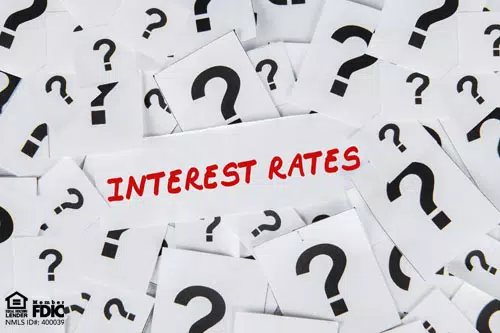If you are considering different savings account options, one type you may want to consider is a money market account (MMDA). Money market accounts (MMDAs) typically offer higher interest rates than traditional savings accounts. However, the account minimums are also much higher to open and maintain. These types of savings are also insured for up to $250,000. The Federal Deposit Insurance Corporation insures banks, and the National Credit Union Administration protects credit unions.
Be sure when you’re shopping to compare interest rates, account minimums, and potential fees, and you also look at additional features. Some financial institutions will provide checks to write from the account or a debit card to access funds.
Money market accounts allow up to six monthly withdrawals and/or transfers. A money market account that allows check-writing also limits transactions to six monthly checks. If you exceed the six-transaction limit, you may incur a fee.
How They Are Different From a Savings Account
Money market accounts generally offer the advantage of earning more interest. The higher account balance is the trade-off for the higher interest rate. These accounts are good places to store your money separate from your other accounts, especially for tucking away an emergency fund. Savings accounts do not offer check-writing or debit card access that money market accounts can. MMDAs are similar to savings accounts in that both must abide by the six transactions per month limit.
How They Are Different From a Certificate of Deposit
Another type of savings account option is the certificate of deposit. Also known as CDs, they generally offer the highest interest rates of the various savings products. Instead of keeping a minimum amount, a CD requires that the financial institution hold a certain amount of money for a set period of time. This is called the term, and it has time periods anywhere from a few months up to five years. If you withdraw money early from a CD, you will pay a penalty fee or lose a percentage of your earned interest. Money market accounts offer more liquidity than a CD so you can access your money more often.
Other Key Differences of a Money Market Account
Money market accounts are sometimes confused with money market funds, which are investment accounts. If the market falls, a money market fund could lose its value. The FDIC or NCUA does not provide protection for money market funds.
While money market accounts are similar to checking accounts, they aren’t meant to be used similarly. A money market account's six-transfer limit can add up in a month. It only takes a couple of online transfers and debit card swipes to exceed the limit. If you want more accessibility to your account, look for an interest-bearing checking account. Checking accounts may offer interest-earning capability without limiting your transactions.
How to Choose a Money Market Account
Banks and credit unions usually offer money market accounts as one of their products. However, they aren’t all the same. First, look at the savings rates offered by various financial institutions. You will likely see a variety of interest rates with different financial institutions.
Some financial institutions offer a special promotion on new money market account openings. This promotion is often a one-time cash bonus, and your return for the first year could be higher on an account that offers such a cash bonus.
Be sure to read the fine print and examine the fees that may be charged with each account. When saving money, the last thing you want to do is pay fees that reduce your earning capability. If you are charged a fee for going below a minimum monthly balance, ensure you can maintain the required balance.
NASB offers money market accounts that you can open to reach your savings goal. Call 855-338-0915 to learn more.




